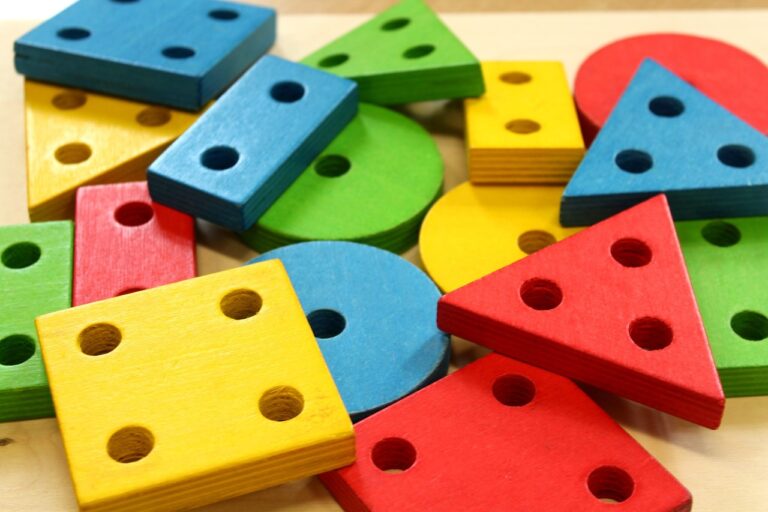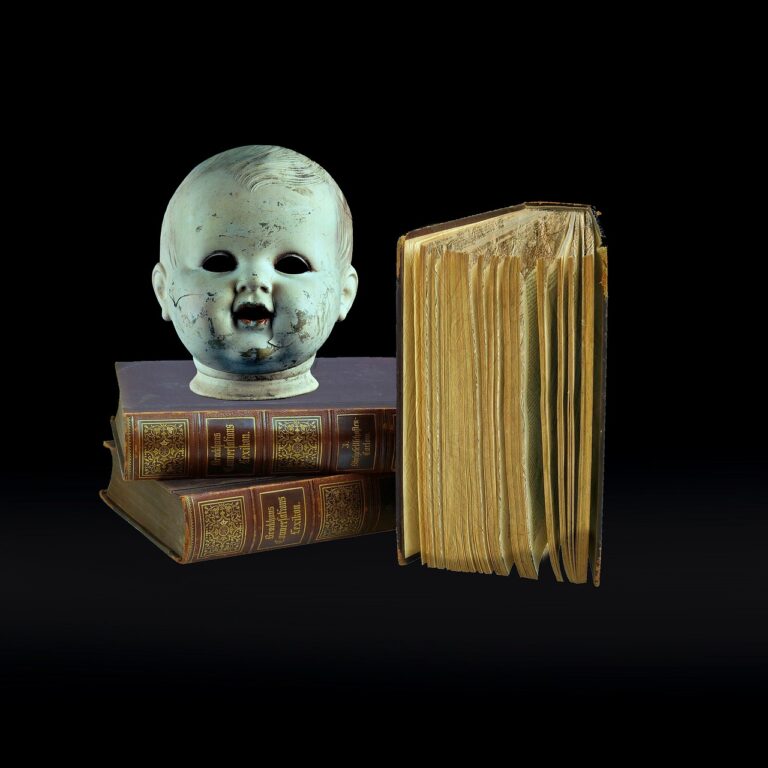Examining the Role of Music Therapy in After-School Programs: Skyexchange login, World777 login, Golds bet login
skyexchange login, world777 login, golds bet login: When it comes to after-school programs, there are a plethora of options available for parents and educators to choose from. From sports to arts and crafts, the choices are endless. However, one often overlooked but highly effective option is music therapy. Music therapy has been proven to have a wide range of benefits for children, including improved cognitive skills, emotional regulation, and social skills. In this article, we will explore the role of music therapy in after-school programs and how it can positively impact the lives of children.
The Power of Music Therapy
Music therapy is a research-based practice that uses music to help individuals achieve specific therapeutic goals. It is a holistic approach that addresses cognitive, emotional, physical, and social needs. In an after-school setting, music therapy can provide a safe and creative outlet for children to express themselves, learn new skills, and build relationships with their peers.
Benefits of Music Therapy in After-School Programs
1. Cognitive Development: Music therapy has been shown to improve memory, attention, and problem-solving skills in children. Through activities like rhythm games and music listening exercises, children can enhance their cognitive abilities in a fun and engaging way.
2. Emotional Regulation: Music has the power to evoke emotions and help children process their feelings in a healthy way. In after-school programs, music therapy can teach children how to identify and express their emotions through music, leading to improved emotional regulation.
3. Social Skills: Music therapy encourages collaboration, communication, and teamwork among children. Group activities like playing in a band or singing in a choir can help children develop important social skills such as listening, taking turns, and working together towards a common goal.
4. Stress Relief: Music has a calming effect on the mind and body, making it a great tool for stress relief. After a long day at school, children can unwind through music therapy activities that promote relaxation and mindfulness.
5. Self-Expression: Music therapy allows children to express themselves in a nonverbal way. Through improvisation, songwriting, and creative movement, children can explore their thoughts and feelings in a safe and supportive environment.
Implementing Music Therapy in After-School Programs
When incorporating music therapy into after-school programs, it is important to work with a qualified music therapist who can tailor activities to meet the specific needs of the children. Sessions should be structured yet flexible, allowing for individualized attention and group participation. Instruments, props, and music playlists can be used to create a multi-sensory experience that engages children of all abilities.
FAQs
1. What age groups can benefit from music therapy in after-school programs?
Music therapy can be beneficial for children of all ages, from preschoolers to teenagers. Activities can be adapted to suit the developmental level and interests of each age group.
2. How long should music therapy sessions last?
Music therapy sessions in after-school programs typically range from 30 to 60 minutes, depending on the age and attention span of the children. Longer sessions can be divided into shorter segments to maintain engagement.
3. Do children need musical experience to participate in music therapy?
No musical experience is required to participate in music therapy. The focus is on the therapeutic process rather than musical proficiency, making it accessible to children of all skill levels.
In conclusion, music therapy is a valuable tool that can enhance after-school programs and enrich the lives of children. By incorporating music therapy into their programs, educators and parents can help children develop essential skills, foster emotional well-being, and promote social connection. So why not give music therapy a try in your after-school program? The benefits are sure to be music to your ears!







